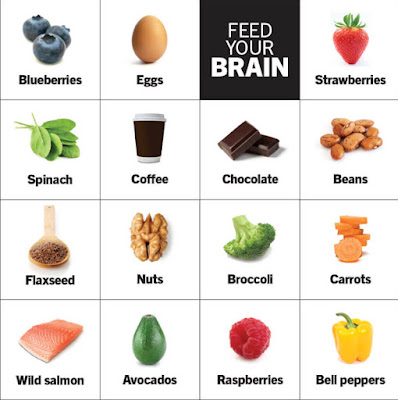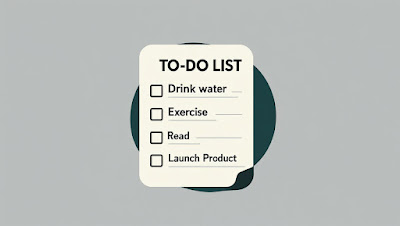Unlock Your Brain's Full Potential
📝 Quick Summary:
Memory power is not a fixed trait but a skill that can be developed through consistent daily habits and targeted mental nutrition.
This guide provides a step-by-step roadmap to upgrading your cognitive health using a combination of ancient techniques and modern science.
💡 Intro Paragraph: Memory power is the cornerstone of personal and professional success, yet most people neglect their brain's health until they notice a decline. By implementing a "brain-first" lifestyle, you can significantly improve your ability to learn new skills, remember names, and stay sharp under pressure.
✅ Main Content Sections:
Optimize Your "Brain Fuel": Focus on Omega-3 fatty acids and antioxidants.
The Power of Active Recall: Stop passive reading and start testing your knowledge immediately.
Sleep as a Memory Consolidator: Understand that your brain "files" memories during REM cycles.
Digital Detox: Reducing screen time helps prevent the "Google Effect" where we forget information we know we can look up.
❓ FAQ Section:
Can I really improve my memory at any age? Yes! Neuroplasticity allows the brain to form new connections throughout your entire life.
How long does it take to see results? Most people notice improved focus within 2–4 weeks of consistent habit changes.
Does caffeine help memory? In moderation, caffeine can improve short-term focus, but long-term memory relies more on quality sleep.
🔗 Health Boost Guide: To ensure your body supports your mind, check out our
🔗 Health Challenge: Take the next step by mastering
📘 Amazon Product Recommendation: To further support your cognitive journey, I highly recommend checking out these tools to
🔐 Affiliate Disclaimer: As an Amazon Associate, I earn from qualifying purchases. This means I may receive a small commission at no extra cost to you if you purchase through my links.





.jpg)










.jpg)
















